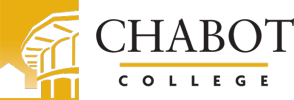ECD
56
Child Growth and Development
ECD
56
Child Growth and Development
3 units
